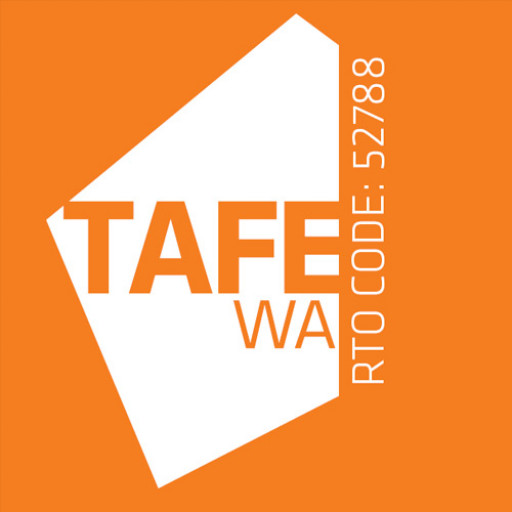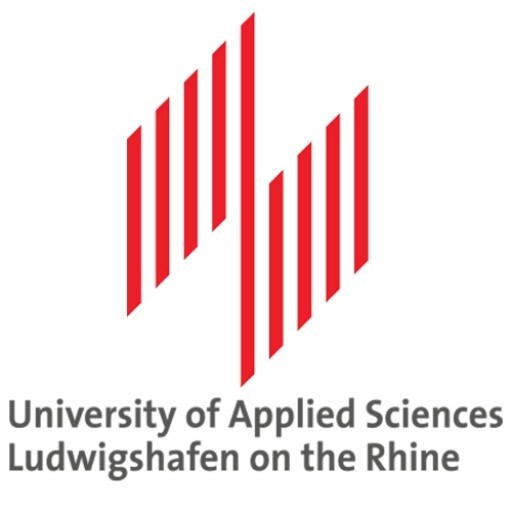The Bachelor of Logistics at Management Edge Pty Ltd offers students a comprehensive understanding of the vital role logistics plays in the modern business environment. This program is designed to equip students with the skills and knowledge necessary to manage supply chains, optimize transportation and distribution processes, and implement effective inventory management strategies. Throughout the course, students will explore key concepts such as procurement, warehousing, freight management, and international logistics, enabling them to coordinate complex logistical operations across various sectors. The curriculum combines theoretical frameworks with practical applications, providing students with real-world experience through case studies, project work, and industry placements. Graduates of this program will be prepared to pursue careers in logistics management, supply chain analysis, procurement, and distribution coordination within a diverse range of industries including manufacturing, retail, transportation, and export-import businesses. Emphasizing problem-solving, critical thinking, and technological proficiency, the program ensures that students are well-equipped to adapt to the rapidly changing demands of global logistics networks. By completing this program, students will develop strong organizational skills, strategic planning abilities, and an understanding of international logistics regulations and sustainability practices. Overall, the Bachelor of Logistics at Management Edge Pty Ltd aims to produce versatile professionals capable of optimizing logistics operations, reducing costs, and enhancing overall supply chain efficiency in a competitive global market.
The Logistics program at Management Edge Pty Ltd offers a comprehensive curriculum designed to equip students with the essential skills and knowledge required to excel in the dynamic field of logistics and supply chain management. Throughout the course, students will explore fundamental concepts such as procurement, transportation, inventory management, warehousing, and distribution strategies. The program emphasizes practical applications, enabling students to understand how to optimize supply chain processes, reduce costs, and improve overall efficiency within various industries.
Students will engage with key topics including logistics planning, demand forecasting, freight management, international shipping laws, and technological innovations like supply chain software systems. The program also covers critical areas such as sustainable logistics practices, risk management, and customer service excellence, preparing graduates to tackle real-world challenges faced by global logistics organizations.
Designed by industry experts, the coursework incorporates case studies, projects, and simulations, providing hands-on experience to develop problem-solving and decision-making abilities. Additionally, students will learn about the ethical and regulatory considerations involved in logistics operations, ensuring they are prepared for responsible management roles.
The program aims to foster strategic thinking, leadership, and communication skills, empowering students to manage logistics operations efficiently and adapt to the rapidly evolving marketplace. Graduates will be well-positioned for careers in logistics management, supply chain coordination, transportation planning, and procurement across various sectors such as manufacturing, retail, government agencies, and more.
Upon completion, students will possess a solid foundation in logistics principles, along with practical skills necessary to contribute to the success of any organization that relies on effective supply chain management. The program emphasizes continuous learning and innovation, reflecting the latest industry trends and technological developments to ensure graduates remain competitive in this vital field.
Program requirements for the Logistics degree at Management Edge Pty Ltd, based on available information and similar programmes at the same university, typically include the following elements:
Applicants must possess a completed high school diploma or equivalent, demonstrating a strong foundation in mathematics, economics, and business principles. Official transcripts must be submitted to verify academic performance. In cases where English is not the first language, applicants are usually required to provide evidence of English proficiency through standardized tests such as IELTS or TOEFL, with minimum score requirements set by the institution.
Prior relevant work experience in logistics, supply chain management, or related fields may strengthen an application but is not universally mandatory. Some programmes may also require a personal statement or motivation letter explaining the applicant’s interest in logistics and career aspirations within the field. Letters of recommendation from academic or professional referees are often encouraged to support the application.
International applicants must submit valid identification and documentation verifying their eligibility to study abroad, along with any necessary student visa paperwork. The university may conduct an interview or assessment to gauge the applicant’s suitability for the programme, especially for mature students or those with non-traditional educational backgrounds.
Additionally, prospective students are expected to meet specific criteria related to coursework prerequisites, which may include introductory classes in business, mathematics, and statistics. Successful completion of these prerequisites ensures that students have the foundational knowledge necessary for advanced study in logistics.
Program-specific admission requirements may include participation in an orientation session or completion of preparatory modules provided by the university to familiarize students with logistics concepts and industry standards. Some programmes also require applicants to demonstrate a commitment to continuous learning and professional development through extracurricular activities or relevant certifications.
In summary, the programme seeks motivated students with strong academic records, relevant language skills, and a genuine interest in logistics management. Meeting these requirements ensures that students are well-prepared to undertake comprehensive study of logistics operations, supply chain strategies, transportation, warehousing, and distribution management, ultimately enabling them to pursue successful careers in the logistics and supply chain industry.
The Financing studies of the Logistics program at Management Edge Pty Ltd are designed to provide students with comprehensive knowledge of financial management principles as they pertain to logistics and supply chain operations. The program emphasizes the importance of sound financial decision-making in optimizing transportation, inventory management, procurement, and distribution activities. Students will explore key topics such as financial analysis, budgeting, cost control, investment appraisal, risk assessment, and financial planning within the logistics context.
The curriculum integrates theoretical frameworks with practical applications, enabling students to develop skills necessary for managing financial resources effectively in complex logistics environments. Courses may include modules such as Financial Management in Logistics, Cost Accounting, Supply Chain Finance, and Strategic Financial Planning. These subjects equip students with the ability to analyze financial data, interpret financial statements, and utilize financial tools and technologies to enhance operational efficiency and profitability.
Additionally, the program incorporates case studies, project work, and industry simulations to allow students to apply financial concepts to real-world logistics challenges. This experiential learning approach ensures that graduates are prepared to make strategic financial decisions that align with organizational goals. The program also addresses emerging topics like sustainable logistics financing and technological innovations in financial management, reflecting current trends in the industry.
Tuition fees and payment options are structured to facilitate accessible education, with potential scholarships or financial aid programs available to qualifying students. Funding possibilities for students may include government support schemes, installment payment plans, or employer sponsorships, depending on eligibility criteria. The program is committed to supporting students financially throughout their studies while maintaining high academic standards.
In relation to career prospects, students gain as much financial acumen as logistical expertise, which enhances employability in roles such as logistics financial analyst, supply chain finance manager, procurement officer, and operations director. The integration of financial studies within the logistics curriculum prepares graduates for leadership positions where financial oversight is crucial for success. Overall, the Financing component of the Logistics program at Management Edge Pty Ltd aims to develop well-rounded professionals equipped to manage financial complexities in logistics and supply chain management effectively.
Logistics is a critical discipline within the realm of supply chain management, focusing on the efficient and effective movement, storage, and handling of goods from origin to consumption. The Management Edge Pty Ltd offers a comprehensive programme designed to equip students with the foundational knowledge and practical skills necessary to succeed in today's dynamic logistics environment. This programme covers essential areas such as transportation management, inventory control, warehouse operations, procurement, distribution, and supply chain strategy. Students will learn to analyze complex logistics problems, develop innovative solutions, and utilize modern technology and software systems used in the industry. The curriculum includes coursework on global logistics networks, risk management, sustainability in supply chains, and the role of analytics and data-driven decision-making in logistics planning. Practical components, including case studies, internships, and industry projects, ensure that graduates gain real-world experience and are prepared for diverse roles across industries such as manufacturing, retail, transportation, and third-party logistics providers. Upon completion, students are well-equipped for careers including logistics coordinator, supply chain analyst, distribution manager, and procurement specialist. The programme emphasizes the importance of ethical practices, safety standards, and continuous improvement methodologies to adapt to the constantly evolving logistics landscape. Close collaboration with industry partners provides students with insights into current trends and challenges, fostering a strong connection between academic learning and real-world applications. This programme aims not only to develop technical expertise but also to nurture leadership and strategic thinking skills, preparing graduates to advance in their careers and contribute effectively to organizational success. The duration, entry requirements, and specific modules may vary, but the core focus remains on developing competent professionals capable of managing complex logistical operations efficiently and sustainably.









